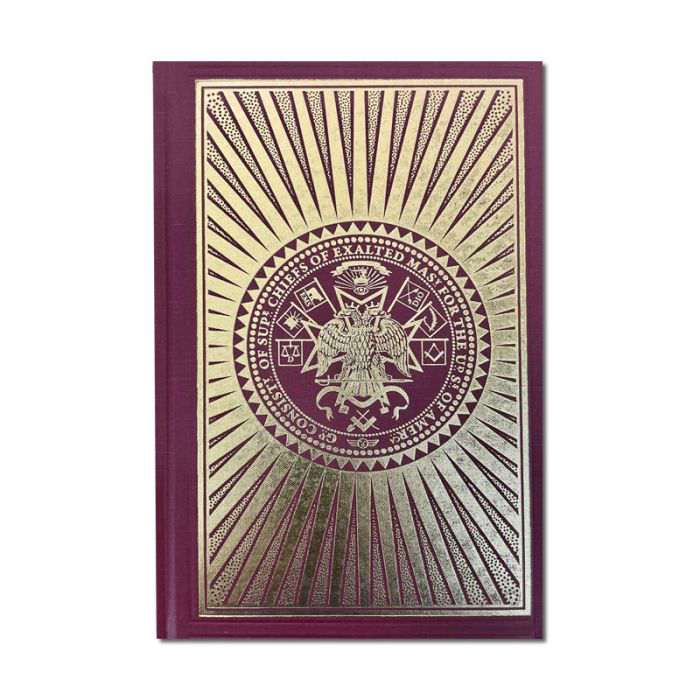Scottish Rite Store
Cerneauism and American Freemasonry
Cerneauism and American Freemasonry
Scottish Rite Research Society membership discount will be applied at checkout
By Arturo de Hoyos, 33, G.C. and S. Brent Morris, 33, G.C.
The insightful articles in this book focus on a type of Freemasonry that has long been a subject of controversy. Known as “Cerneauism,” it refers to Scottish Rite bodies which derived authority from Joseph Cerneau (1763–1840/45), a Frenchman who was the charter master of La Temple des Vertus Theologalis No. 103, a Pennsylvania lodge in Havana, Cuba. He fled to New York after being expelled from Cuba in 1806, after fleeing there from the slave rebellion in Haiti in 1802. The central issue with Cerneauism is the question of authority, i.e., the right to create and govern Masonic organizations. Masonic bodies worldwide maintain that the right and authority to create and preside over rites, orders, and systems must stem from a just and regular succession, with adherence to applicable constitutions, laws, and statutes. Cerneauism was a challenge to the concept of regularity because Joseph Cerneau did not personally possess any authority within the Scottish Rite, nor did he accept its governing constitutions. In spite of this, his self-created “supreme council” both flourished and claimed many prominent members who made valuable contributions to Freemasonry.
In addition to the articles is a first-ever reproduction and translation of Cerneau’s original patent, and a complete facsimile edition of Joseph M’Cosh’s _ Documents upon Sublime Freemasonry_ (1823), a book which first investigated Cerneau’s claims, and led to a “Masonic war.”
Hardbound (6 1/4" x 9 1/4") with decorative covers, printed in two colors; illustrated, indexed; 620 pages.
- Author
- Number of Pages
- Book Type
- Arturo de Hoyos, 33, G.C. and S. Brent Morris, 33, G.C.
- 620
- Hard Cover
Share
Couldn't load pickup availability
Details
Details
More Information
More Information


